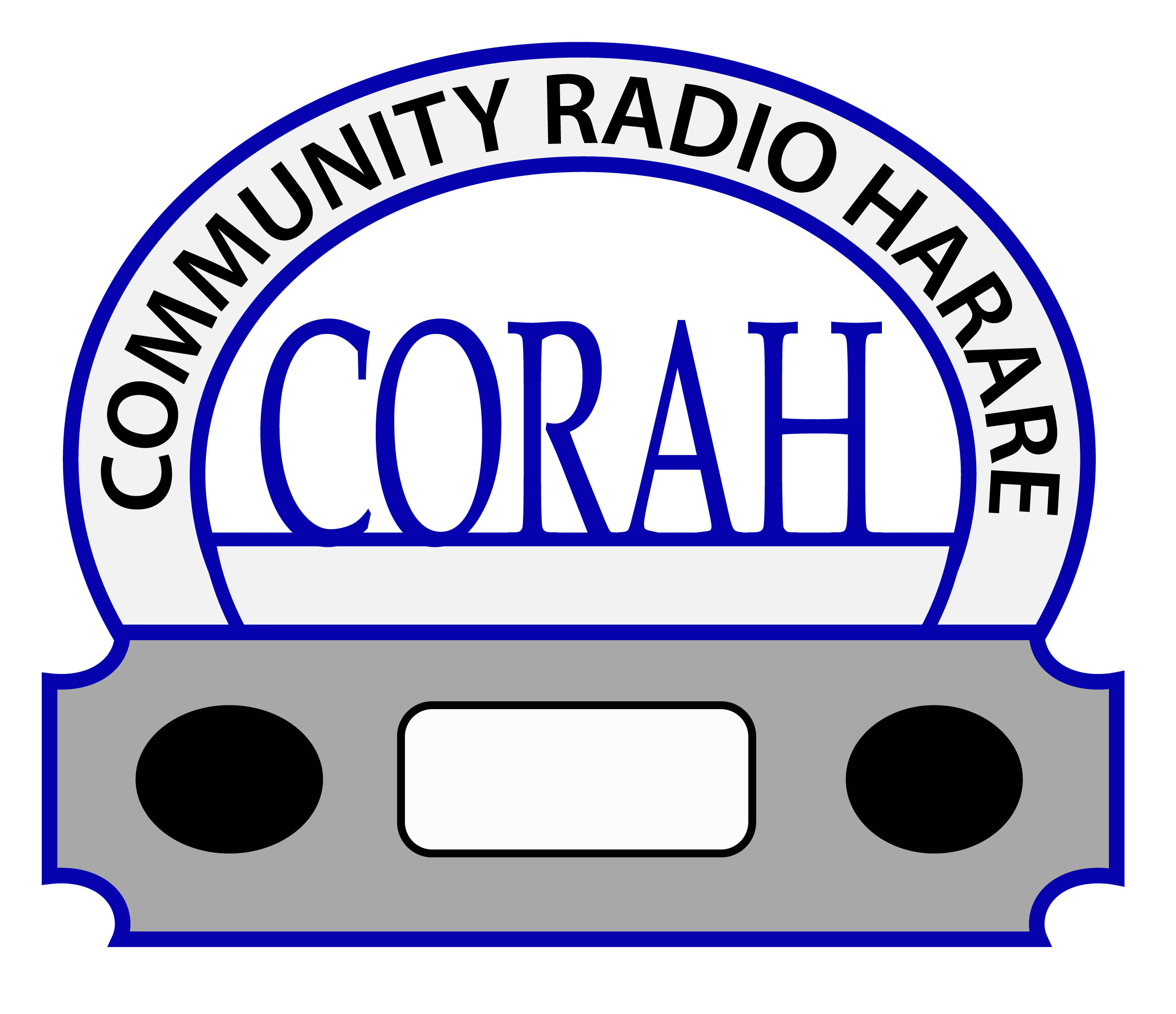Notice: Undefined index: share in /home/corah/public_html/wp-content/themes/news365/inc/extras.php on line 353
Fatal error: Uncaught Error: Call to undefined function curl_init() in /home/corah/public_html/wp-content/plugins/news365-core/inc/extra.php:25 Stack trace: #0 /home/corah/public_html/wp-content/themes/news365/single.php(45): news365_get_gp_share_count('http://www.cora...') #1 /home/corah/public_html/wp-includes/template-loader.php(77): include('/home/corah/pub...') #2 /home/corah/public_html/wp-blog-header.php(19): require_once('/home/corah/pub...') #3 /home/corah/public_html/index.php(17): require('/home/corah/pub...') #4 {main} thrown in /home/corah/public_html/wp-content/plugins/news365-core/inc/extra.php on line 25

